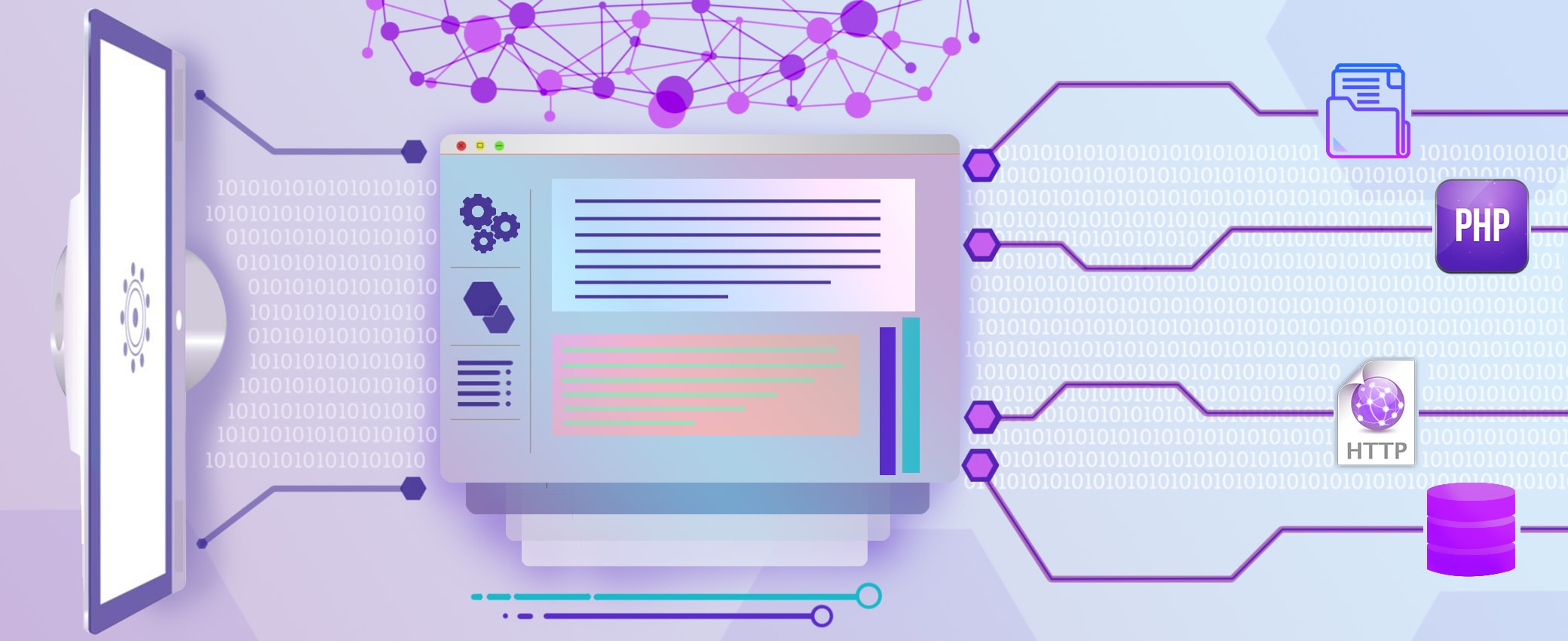
XML or Extensible Markup Language is being extensively used by many organizations to store data permanently or as a mid-layer to store it during conversion. Data conversion is an important requirement for businesses as they deal with bulk volumes of information that come in different data types. Data is converted into a format which is accepted by the Business Intelligence software which is used for extracting valuable information on the business performance. Usually an India Data Entry Outsourcing company undertakes the data input requirements for the BIS. They have to convert the information they collect from various resources into the format which is accepted by the BIS. This is made easier when converting the raw data into XML and then converting it into the desired format. XML offers many significant advantages that make data storage, retrieval and conversions much faster and easier. Here are some advantages of using XML for data conversion:
Supports many types of data
XML as such supports different types of information ranging from text and number to video and sound. It even stores geospatial information and ActiveX components. This makes it the most desirable language for the Offshore Data Entry Company to store different types of information which can be easily converted into a format feasible for the BIS.
Custom Tags
XML lets the user create fresh tags unlike other mark-up languages like HTML. You can create your own tag and store the information in it. The tags can be hierarchical also. XML lets you store the information very clearly.
Search made easier
One of the main reasons for contacting a professional data conversion services provider is to ensure efficient input and storing of information. If the data is stored properly, it can be accessed much easier.
A widely used Standard
XML is being widely used across different platforms to store and load data. It is often used as an intermediary between the underlying database and the user interface. Data is fetched and stored as an XML page which is easier to explore. Since XML allows the users to create custom tags, it lets you store all types of information using different custom-tags. It is a standard mark-up language which easily interacts with different languages and applications.
XML offers a wide range of conversion tools
XML can be used with a wide range of conversion tools which make it the most resourceful. Since XML stores data as text, it can be easily converted into any other format using these tools.
Reuse the content
Lets the user to create and store hierarchical data much easily. This can be reused without compromising the quality of the content. The content stored in XML can easily be translated into different languages. This is one of the major advantages when you Outsource XML and HTML Services since businesses need internationalization to reach out to a large group of audience around the world.
Separate content from Definition
XML lets you separate content from its definition. You can store the data definition or metadata in one file and store the actual content in another file. The program will read the metadata first and prepare itself to access the data as defined in the metadata xml.
Apart from all these, XML is a very simple and easy to read document type. It can be directly loaded onto a browser.
